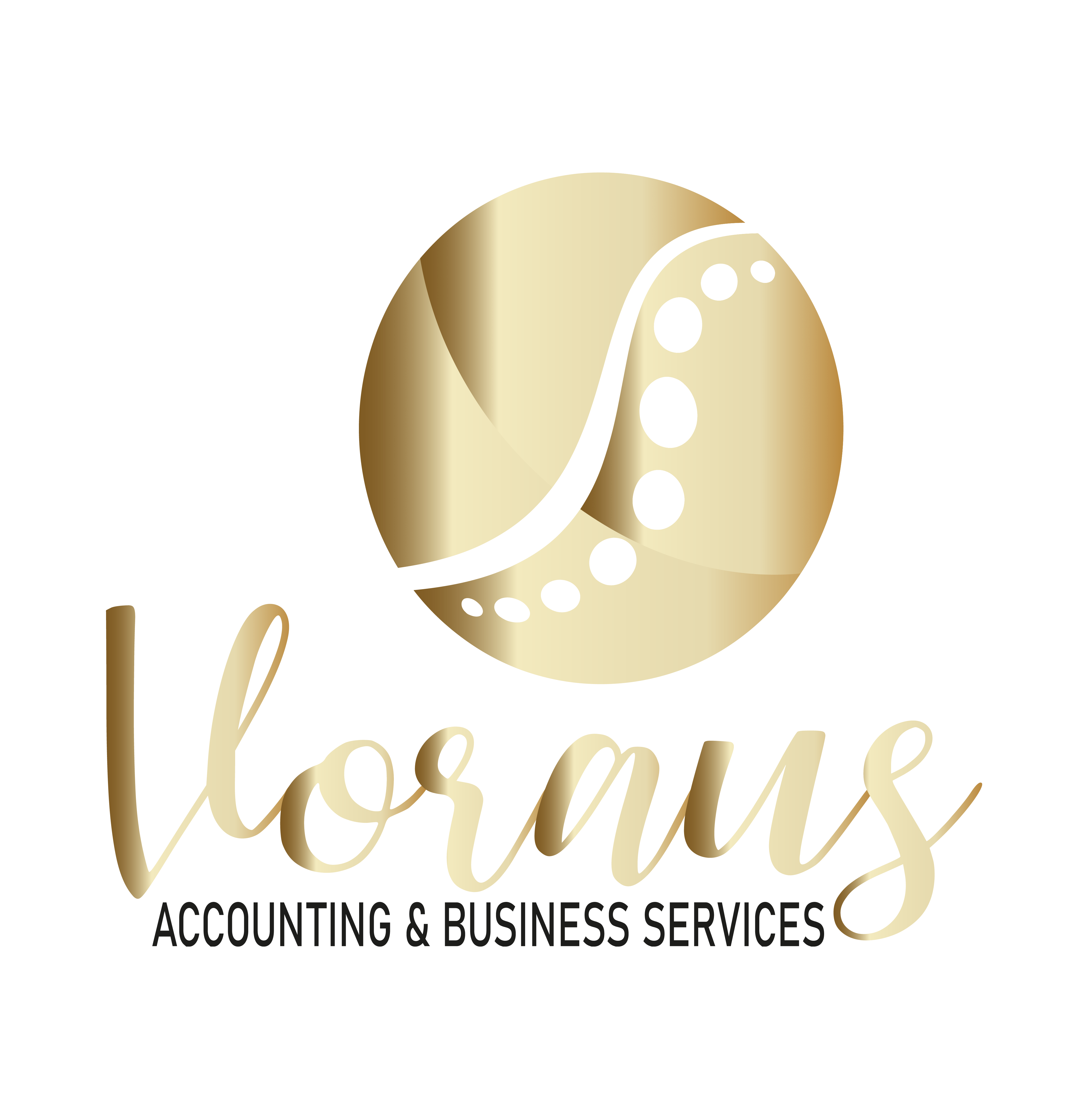Hobby and Business Income in Florida: What’s the Fiscal Distinction?

Hobby and Business Income in Florida: What’s the Fiscal Distinction?
Understanding the fiscal difference between hobby and business income is essential for proper tax management in Florida. In this article, we will explore what they are and how they are taxed in the Sunshine State, the factors that influence their classification, and provide recommendations to optimize your tax situation. Keep reading for key advice on maximizing your income and fulfilling your tax obligations in Florida's tax landscape!
Definition of Hobby and Business Income
First and foremost, it's essential to understand the distinctions between hobby and business income. Hobby income encompasses earnings from activities enjoyed for pleasure or as a pastime, such as occasional craft sales or weekend yoga teaching.
On the other hand, business income includes profits derived from commercial or entrepreneurial activities conducted to achieve consistent economic gain, such as managing a retail store or providing professional services."
Tax Treatment of Hobby and Business Income in Florida
Income taxation in Florida, both hobby-derived and business-generated incomes are subject to different tax considerations.
Hobby income generally isn't subject to federal or state taxes in Florida, as long as they are deemed sporadic activities without the intent to generate profits. However, if this income is earned regularly and intended to generate profit, the Florida Department of Revenue may consider it a business activity, thus subjecting it to taxation.
On the other hand, business income is subject to federal and state taxes in Florida. For businesses structured as corporations or limited liability companies (LLCs), income is subject to the Corporate Franchise Tax, based on the business’s net income. In the case of sole proprietorships or single-member LLCs, income is reported on the owner's tax return.
Key Factors for Determining the Nature of Your Income

To classify your income as hobby or business-related you need to consider some key factors that clarify the nature of the activities and establish a solid foundation for proper tax classification. Here's a list to keep in mind:
- Frequency and Regularity of Activities: Assess whether you engage in activities sporadically or regularly and systematically. Consistency in activities suggests a greater inclination towards operating a business rather than a simple hobby.
- Intent to Make Profit: Consider whether there is a clear intention to generate economic gains from the activities. The presence of a commercial intent may indicate that the income should be treated as business income.
- Legal Structure of the Business: Take note of the legal form under which you conduct the activities. Formally structured businesses may require different tax treatment.
- Nature of Related Financial Transactions: Analyze the nature and magnitude of financial transactions associated with the activities. More complex transactions can indicate a more formalized business.
It's essential to maintain accurate records of activities and financial transactions. These will serve as solid evidence in case justification is required by tax authorities and will help support proper tax classification. By considering these factors, you'll be able to make more informed decisions and avoid potential tax issues in the future.
When making decisions about your income in Florida, it's essential to understand the differences between hobby and business earnings. Understanding these differences will help you make more informed financial decisions and fulfill your tax obligations properly. To help you optimize your tax situation, Voraus provides professional and specific guidance on these and other matters. Don't hesitate to contact us for further assistance and be sure you're making the best decisions for yourself and your business!
Entradas recientes
- Hobby and Business Income in Florida: What’s the Fiscal Distinction?
- Diferencia Fiscal entre Ingresos por Afición y Negocio en Florida
- Reasons to Avoid Last-Minute Tax Filings
- Razones para evitar postergar la declaración de impuestos hasta el último minuto.
- Florida Sales Tax: A Guide for Small Business Owners



